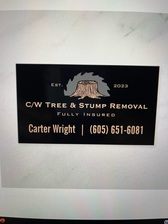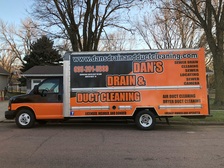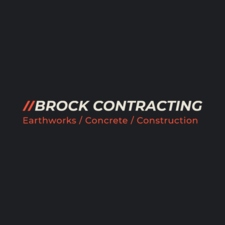
Get matched with top lawn fertilization and treatment specialists in Centerville, SD
Enter your zip and get matched with up to 5 pros
Need a pro for your lawn fertilization and treatment project in Centerville, SD?
Verified Reviews for Lawn Fertilization And Treatment pros in Centerville, SD
*The Angi rating for Lawn Fertilization And Treatment companies in Centerville, SD is a rating based on verified reviews from our community of homeowners who have used these pros to meet their Lawn Fertilization And Treatment needs.
*The HomeAdvisor rating for Lawn Fertilization And Treatment companies in Centerville, SD is a rating based on verified reviews from our community of homeowners who have used these pros to meet their Lawn Fertilization And Treatment needs.
Last update on December 15, 2025
Find Lawn fertilization and treatment specialists in Centerville
Sod Squad
Sod Squad
Hydroseeding is one of the fastest ways to get your lawn back on track after landscaping or construction.
Hydroseeding is one of the fastest ways to get your lawn back on track after landscaping or construction.
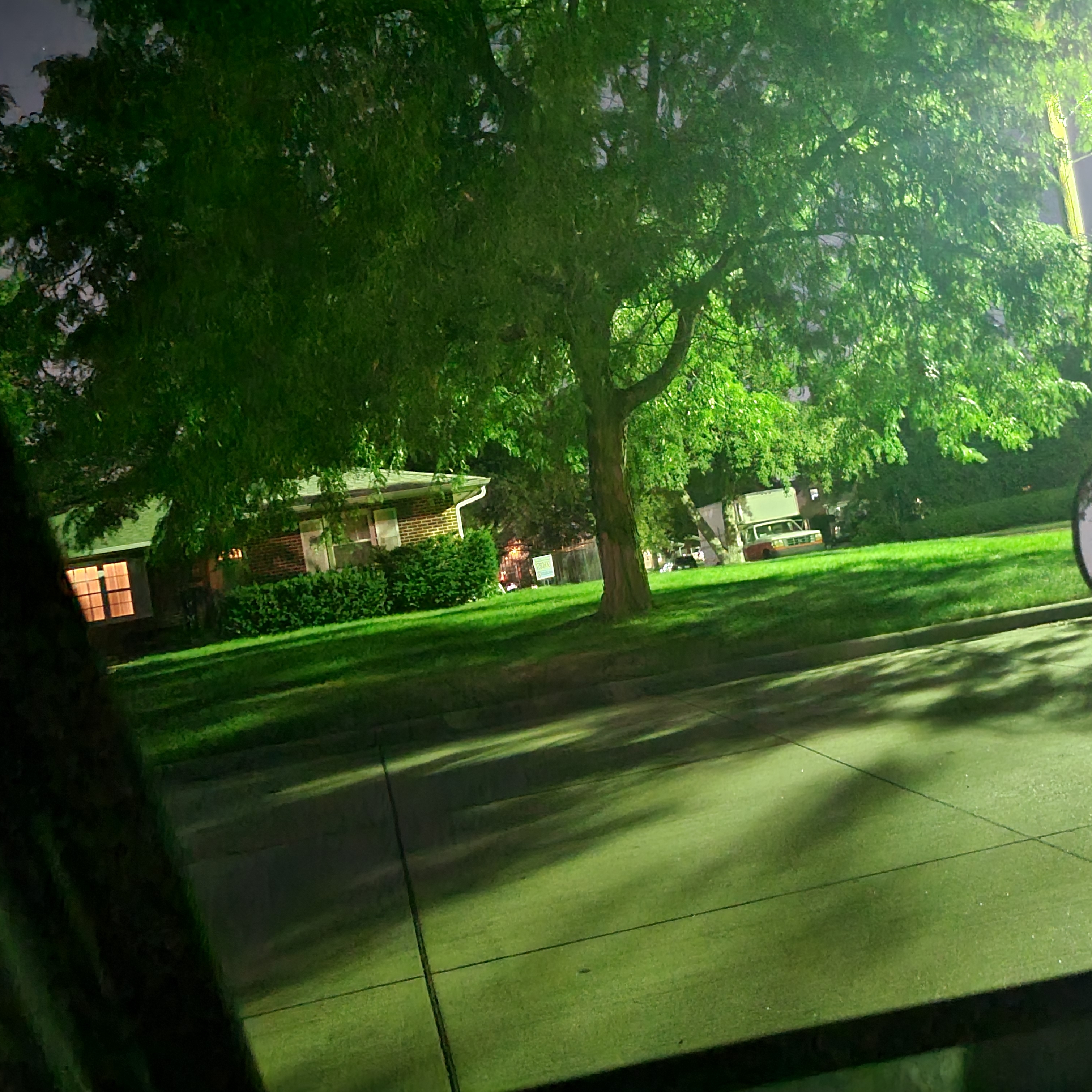
Lanphear's Affordable Services
Lanphear's Affordable Services
Lawn&Tree, Moves&Haul, We Do It All Keeping Your Reality Affordable, Just the Lanphear "Thing-To-Do"
Lawn&Tree, Moves&Haul, We Do It All Keeping Your Reality Affordable, Just the Lanphear "Thing-To-Do"

TruGreen Lawn Care - 5034
TruGreen Lawn Care - 5034
TruGreen® provides a full suite of tailored lawn and landscape services. From fertilization and aeration to tree & shrub services and much more, TruGreen delivers superior results backed by our Healthy Lawn Guarantee.®1 We also offer effective solutions to help control and prevent lawn damaging insects, like chinch bugs and grubs. Our passion for lawns sets us apart, and we’ll help you achieve a lawn you love. Contact us today to start your tailored lawn plan.
TruGreen® provides a full suite of tailored lawn and landscape services. From fertilization and aeration to tree & shrub services and much more, TruGreen delivers superior results backed by our Healthy Lawn Guarantee.®1 We also offer effective solutions to help control and prevent lawn damaging insects, like chinch bugs and grubs. Our passion for lawns sets us apart, and we’ll help you achieve a lawn you love. Contact us today to start your tailored lawn plan.
The Centerville, SD homeowners’ guide to lawn fertilization and treatments
From average costs to expert advice, get all the answers you need to get your job done.
 •
•Discover the cost to fertilize your lawn, including average prices, key factors, and tips to help homeowners budget for a lush, healthy yard.
 •
•Discover average lawn aeration cost, key price factors, and tips to save. Get a clear estimate for your yard and learn how to choose between DIY and hiring a pro.
 •
•Discover average hydroseeding cost, key price factors, and ways to save. Get transparent estimates for your lawn project and make informed decisions for your home.

Brown patches on your lawn may occur for several reasons, including lack of sunlight and overfertilization. Learn how to treat and prevent patches.
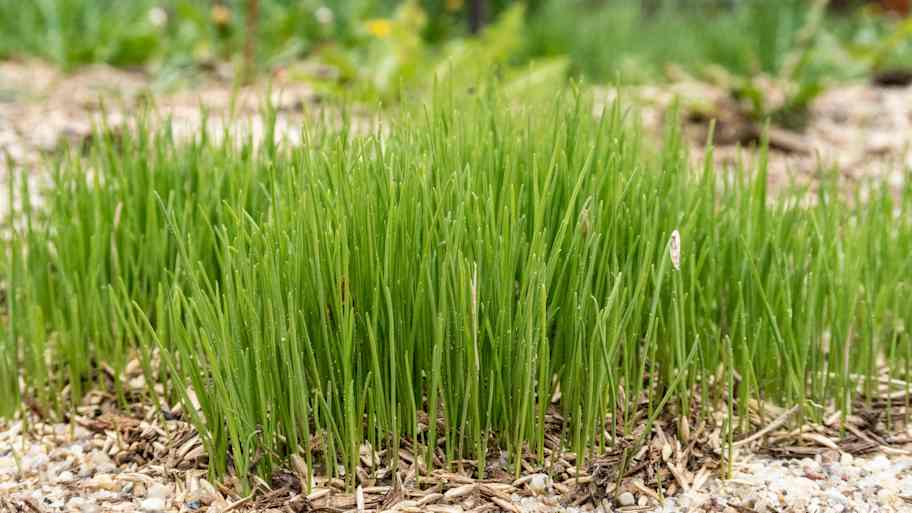
Ready to give your yard a fresh start? With these tips for grass seed planting, your lush lawn dreams are one step closer to becoming a reality.

If you’re looking to apply fertilizer to your lawn, there are a few things you need to get right first. Make sure you’re ready to answer these lawn fertilizer questions before you start.
- Viborg, SD Lawn fertilization and treatment specialists
- Hurley, SD Lawn fertilization and treatment specialists
- Irene, SD Lawn fertilization and treatment specialists
- Lennox, SD Lawn fertilization and treatment specialists
- Worthing, SD Lawn fertilization and treatment specialists
- Parker, SD Lawn fertilization and treatment specialists
- Gayville, SD Lawn fertilization and treatment specialists
- Tea, SD Lawn fertilization and treatment specialists
- Canton, SD Lawn fertilization and treatment specialists
- Marion, SD Lawn fertilization and treatment specialists
- Harrisburg, SD Lawn fertilization and treatment specialists
- Vermillion, SD Lawn fertilization and treatment specialists
- Hawarden, IA Lawn fertilization and treatment specialists
- Inwood, IA Lawn fertilization and treatment specialists
- Akron, IA Lawn fertilization and treatment specialists
- Hartford, SD Lawn fertilization and treatment specialists
- Canistota, SD Lawn fertilization and treatment specialists
- Sioux Falls, SD Lawn fertilization and treatment specialists
- Larchwood, IA Lawn fertilization and treatment specialists
- Rock Valley, IA Lawn fertilization and treatment specialists
- Ireton, IA Lawn fertilization and treatment specialists
- Tree Service in Centerville
- Contractor in Centerville
- Electrical in Centerville
- Air Duct Cleaning in Centerville
- Concrete Repair in Centerville
- Cleaning in Centerville
- Garage Doors in Centerville
- Home And Garage Organization in Centerville
- Doors in Centerville
- Fencing in Centerville
- Lawn And Yard Work in Centerville
- Roofing in Centerville
- Plumbing in Centerville
- Tree Service in Centerville
- Kitchen And Bath Remodeling in Centerville
- Electrical in Centerville
- Concrete Repair in Centerville
- Exterior Painting in Centerville
- Windows in Centerville
- Landscaping in Centerville
- Lawn And Yard Work in Centerville
- Siding in Centerville
- Fencing in Centerville
- Cleaning in Centerville
- Flooring in Centerville
- Garage Doors in Centerville
- Home Builders in Centerville
- Foundation Repair in Centerville
- Doors in Centerville
- Concrete Driveways in Centerville
- 🌱 "Mow a small front yard"
- 🛠 "Fix a leaking pipe under the sink"
- 🏠 "Repair shingles on an asphalt roof"


